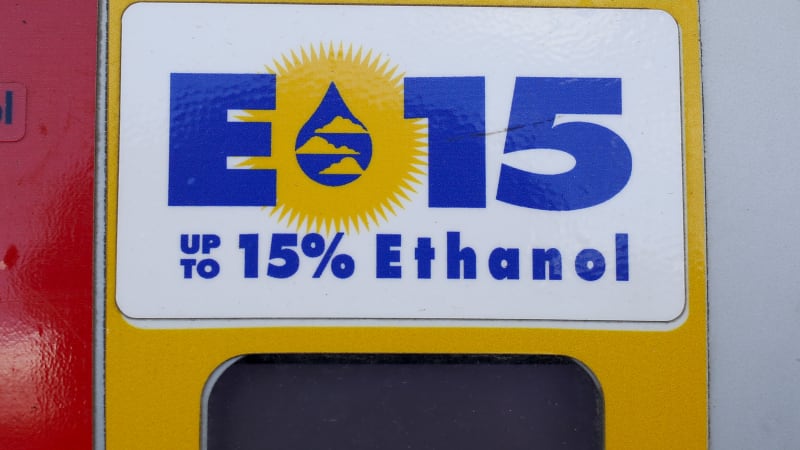Audi Repair Shop Doylestown
Call 267 279 9477 to schedule a appointment

The U.S. Environmental Protection Agency on Tuesday proposed lifting a summer ban on higher-ethanol blends of gasoline, helping farmers but putting the agency on a collision course with Big Oil, which has called the move illegal.
The proposal to broaden sales of so-called E15 marks the latest flashpoint in an ongoing battle between the corn and oil industries — two crucial constituencies for President Donald Trump — over America’s biofuels policy.
Corn farmers support any move by Washington that would expand their sales into the multibillion-gallon biofuel market, but oil companies dislike the competition, and refiners say adding ethanol to their fuel costs them a fortune.
“Consistent with President Trump’s direction, EPA is working to propose and finalize these changes by the summer driving season,” said EPA Administrator Andrew Wheeler in a press release. “We will be holding a public hearing at the end of this month to gather important feedback.”
E15 gasoline contains 15 percent ethanol, versus the 10 percent in most U.S. gasoline.
A summertime ban on E15 was imposed years ago over concerns that it contributes to smog in hot weather, though recent studies have shown its impact on air quality may not be significantly different from that of E10.
The biofuel industry welcomed the proposal.
“This is one big step forward, a key milestone that we all have circled on the calendar. There is still a long way to go and not a lot of time to get there,” Geoff Cooper, head of the Renewable Fuels Association, said in a phone interview.
The American Petroleum Institute, the largest oil trade group, called on the administration to scrap what it called an “anti-consumer policy,” noting for example that some U.S vehicles could lose their warranties if they use E15.
It called the proposal “contrary to the law.”
The rule also includes measures to limit speculation in the multibillion-dollar biofuel credit market, a concession to merchant refiners such as Valero Energy and PBF Energy, which oppose higher ethanol use and have repeatedly complained about the costs of complying with U.S. biofuels policy.
Under the U.S. Renewable Fuels Standard (RFS), oil refiners are required to blend increasing volumes of biofuels like ethanol into their diesel and gasoline each year, or purchase the credits, called RINs, from those that do.
The agency plans to hold a public hearing on the proposed rule on March 29.
from Autoblog https://ift.tt/2W1YzCN
